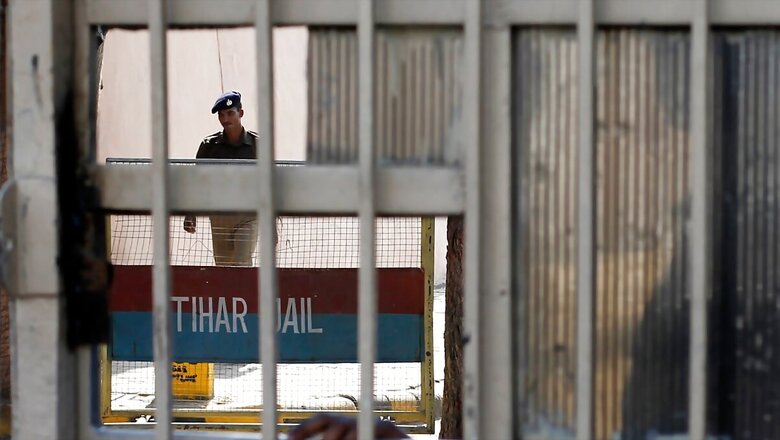
298
views
views
Explore India's new criminal laws replacing IPC, CrPC, and Evidence Act for faster justice. Features include Zero FIR, online complaints, and mandatory videography
India officially overhauled archaic British-era criminal statutes on Monday by replacing them with three new laws to help expedite judicial processes, enhance victim rights, and advance investigative methods. Here are 10 key points on the three new criminal laws that take effect today:
- Legal Reform: The Bharatiya Nyaya Sanhita 2023, Bharatiya Nagarik Suraksha Sanhita 2023, and Bharatiya Sakshya Adhiniyam 2023 will comprehensively replace the outdated Indian Penal Code, Code of Criminal Procedure, and Indian Evidence Act, ushering in a new era of legal clarity and efficiency starting July 1.
- Key Highlights: Noteworthy provisions include the ability to file a Zero FIR at any police station, online registration of police complaints, electronic serving of summons, and mandatory videography of crime scenes for all heinous crimes. These measures aim to enhance efficiency, transparency, and accessibility within the criminal justice system.
- Training and Capacity Building: The Union Home Ministry has undertaken extensive training programs for over 40 lakh grassroots functionaries to ensure widespread awareness and effective implementation of the new laws, particularly emphasizing their impact on women and children.
- Professional Training: More than 5.65 lakh police, prison, forensic, judicial, and prosecution officials have received specialized training on the new legal provisions through 250 courses, webinars, and seminars organized by the Bureau of Police Research & Development (BPR&D).
- Victim-Centric Approach: Under the new laws, victims will receive a free copy of the FIR and have the right to inform a chosen person of their situation upon arrest. This ensures immediate support and transparency in legal proceedings.
- Enhanced Forensic Procedures: The legislation mandates forensic experts to visit crime scenes for serious offenses and collect evidence, which will be videographed to prevent tampering. These stringent measures aim to bolster the reliability and fairness of criminal investigations.
- Expedited Justice for Specific Offenses: Crimes against women and children will be prioritized, with investigations required to conclude within two months of information recording. Victims will also receive regular updates on case progress within 90 days, ensuring transparency and accountability.
- Inclusive and Progressive Measures: The new laws expand definitions to include transgender individuals, promote gender inclusivity, and introduce streamlined court procedures for efficient legal proceedings. These measures reflect India’s commitment to upholding human rights and equality before the law.
- Public Awareness: To coincide with the rollout, police stations nationwide will host awareness events involving diverse stakeholders such as women, youth, students, senior citizens, and local committees. These events aim to educate the public about the key features and benefits of the new criminal laws.
- Educational Institution: Higher education institutions under bodies like the University Grants Commission (UGC) and All India Council for Technical Education (AICTE) will organize day-long activities on July 1. These will include group discussions, workshops, and seminars focusing on various provisions of the new laws, fostering widespread understanding among students and faculties.




















Comments
0 comment